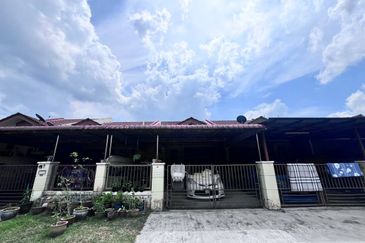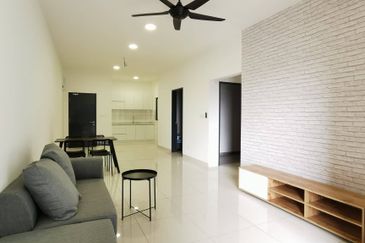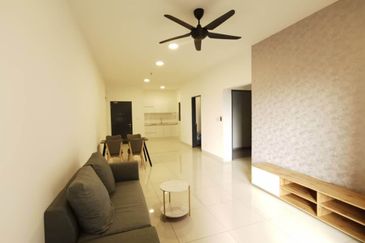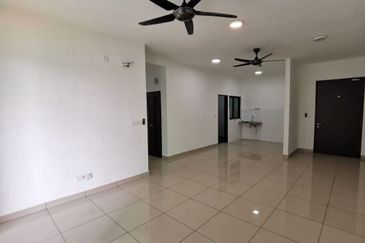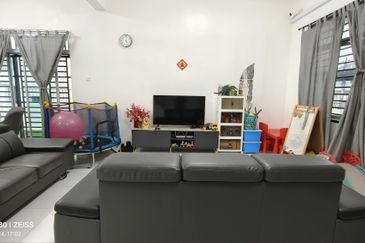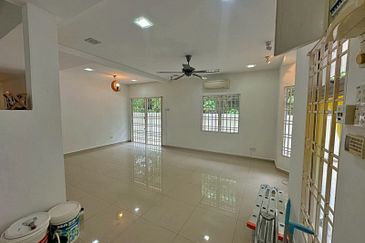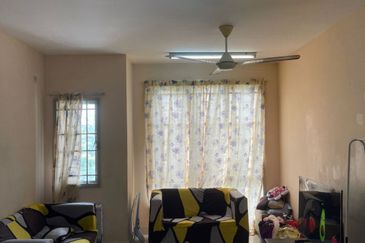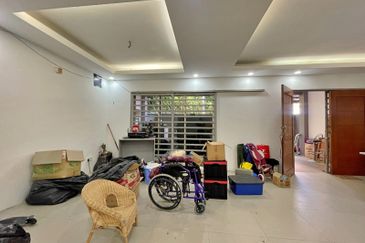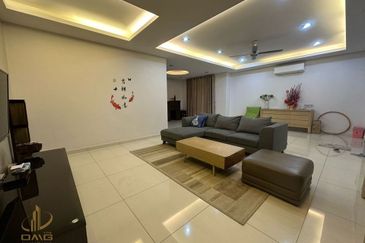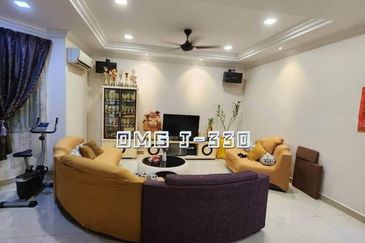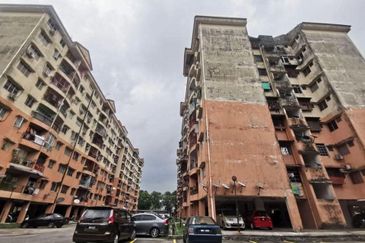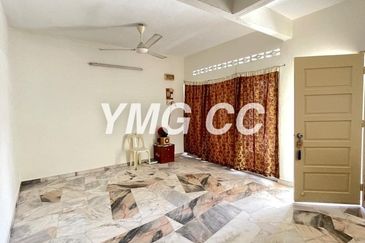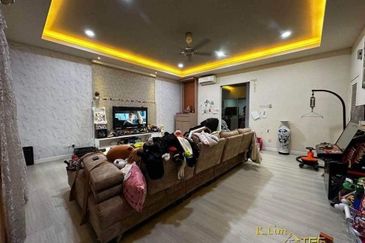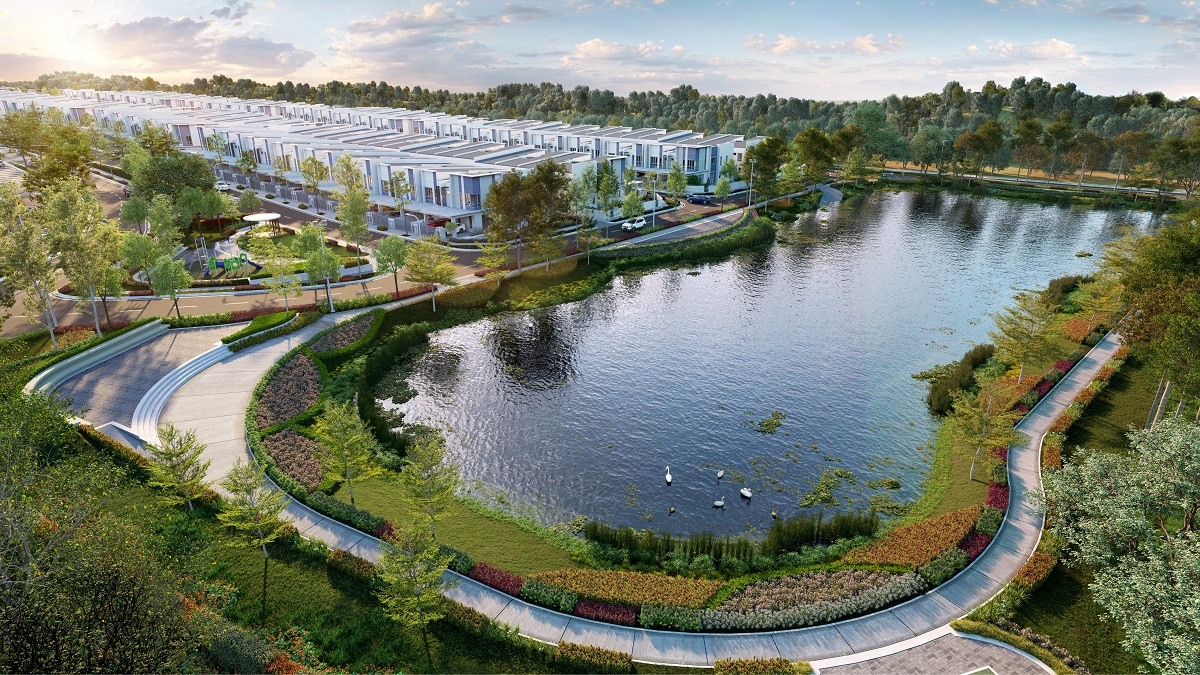KUALA LUMPUR (July 23): The local property market has displayed resilience against worldwide economic turbulence and a slowing domestic economy, said property advisor DTZ.
In the second quarter (2Q), DTZ had noted an uptick in investment property volume, net absorption of office properties, retail activity and a gentle rise in values of high-end condominiums.
The investment property market saw volume rise by 75% to RM746 million through six transactions, an interrelated transaction between Tradewinds (M) Bhd and Tradewinds Corporation Bhd accounting for 68% of this figure.
DTZ expects upcoming real estate investment trust (REIT) listings, including the IGB REIT, to be the main driver of investment activity in the second half (2H) due to enough liquidity in the market.
"Investment volume in 2H is forecast to be higher than in 1H. However, general investment sentiment could be dampened by political factors in view of the upcoming general election accompanied by heightened risk of policy changes which would weight on decision-making in the short term," said consulting and research executive director Brian Koh.
Meanwhile, office properties showed stable capital values and positive net absorption in 2Q despite new supply of 877,000 per sq ft (psf) in the form of Menara Darusalam and Menara Felda, both within the central business district (CBD) of the Golden Triangle.
Prime office rates dipped to RM6.23 psf from RM6.25 with top-tier office rents averaged well above RM7.90 psf, while average capital values rose 3.8% quarterly to RM838 psf.
Some notable transactions include RM1,160 psf for the proposed Menara Tun Razak 2 and RM938 psf for Horizon Tower 8 at Bangsar South.
Meanwhile, average vacancy levels in the city remained at 14% due to healthier net absorption at 754,000 sq ft in 2Q versus 129,000 sq ft in the last quarter.
Significant leases in 2Q are SME Corp and Suruhanjaya Perangkutan Awam Darat (SPAD) — which took 200,000 sq ft and 62,000 sq ft respectively in Platinum Sentral at KL Sentral — while O&G outfit Foster Wheeler is moving to Menara Citibank from Wisma Selangor Dredging.
However, there was more vacant space in the Golden Triangle which accounted for 50% of vacancies in the market, and new supply — such as Menara Worldwide and Menara Prestige — are expected to add pressure onto rents.
On the retail front, 2Q was relatively quiet compared with the last quarter due to a lack of major festivities, but the food and beverage industry remained stable with some retailers reporting sales growth of up to 20%, said the Malaysian Retailer-Chain Association.
The Setia City Mall in Shah Alam and The Paradigm in Kelana Jaya also saw 99% and 91% of their net lettable area at 700,000 sq ft each taken up when they opened in May.
DTZ also noted that the listing of Felda Global Ventures Holdings Bhd (FGV) is expected to boost the household incomes of 112,356 settlers through a grant of RM15,000 per household, benefiting the retail market.
"Fairly buoyant local consumer sentiment, stable employment outlook, easing inflation and little pipeline supply will sustain the favourable retail outlook for the remainder of the year and is expected to attract positive retail activity in the near term," said Koh.
Last but not least, Kuala Lumpur's luxury condominiums saw capital values creep up to RM636 psf in 2Q from RM634 in the last quarter while rents rose to RM3.67 psf from RM3.62 psf.
However, 1,679 new units are expected to enter the market by year-end, with 74% of the units in the city centre, putting pressure on rents.
DTZ also warned that the market was heading into a period of slower growth as sentiment is affected by "both internal and external issues, including those of a political nature".
"Sale activities appear to be slowing down in line with the impact of measures by the government to cool the market as well as cautious sentiment from prospective buyers due to the slowing economy. In response, developers will be expected to adopt a more measured approach to new launches. For example, to increase affordability, there is now a trend toward developing smaller units below 1,500 sq ft," said residential marketing executive director Eddy Wong.
TOP PICKS BY EDGEPROP
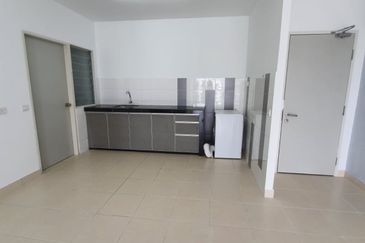
Seri Kasturi Apartments, Setia Alam
Setia Alam/Alam Nusantara, Selangor
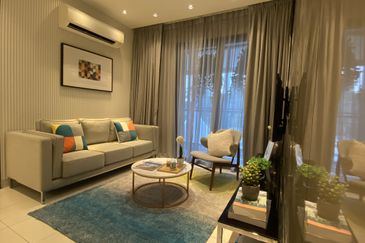
Aster Hill Sri Petaling
Bandar Baru Sri Petaling, Kuala Lumpur
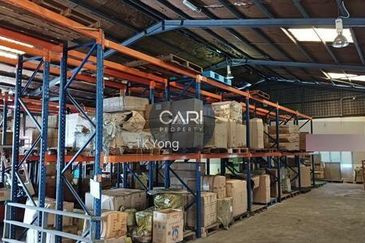
Taman Midah @ Jalan Kilang Midah
Cheras, Kuala Lumpur
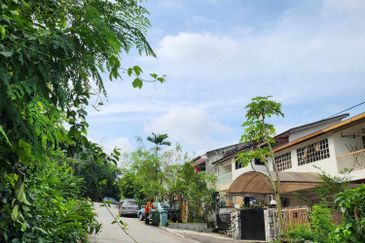
Taman Cheras (Yulek Heights)
Cheras, Kuala Lumpur
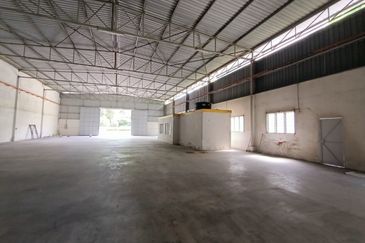
Kawasan Industri Desa Aman
Sungai Buloh, Selangor
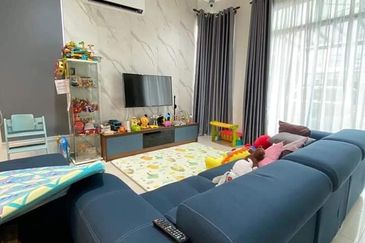
Ridgewood Canary Garden @ Bandar Bestari
Klang, Selangor
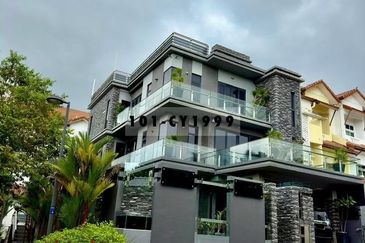
Anjung Sari
Setia Alam/Alam Nusantara, Selangor

